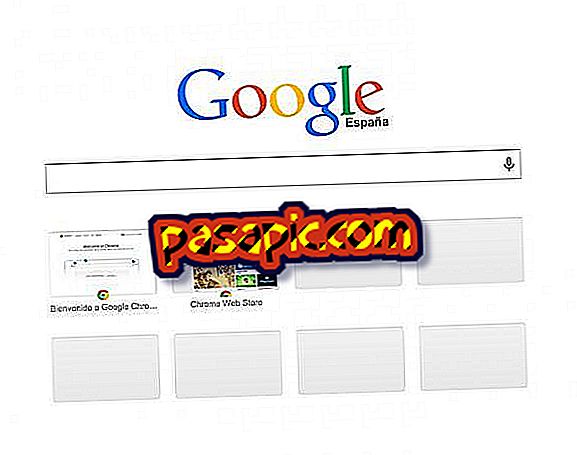How to recognize the signs of workplace harassment

Workplace harassment , also known as work moobing, is a situation of psychological violence, recurrent and sustained over time. The people who carry it out are usually bosses or coworkers, who use their power abusively, and tend to use verbal violence in front of the victim, so as not to leave any evidence of their aggression. The consequences that workplace harassment can have on people are quite serious and include: depression, panic attacks, irritability, low self-esteem, among others. If you consider that you are going through a labor harassment situation, here we present some signs so you can recognize it.
one
Different treatment This occurs when the person who practices workplace harassment acts in a discriminatory manner against you. That is, it makes a clear differentiation between the treatment it has towards you compared to the rest of your colleagues. It can be through exclusion or indifference.
two
Verbal aggressions It has to do with the use of insults, shouting and all kinds of verbal abuse. This is usually done when they are alone or in the presence of few colleagues who are trusted by the harasser.
3
Defamation. The stalker tends to speak badly about you, personally and professionally. Try to generate an image of yourself that does not correspond to the profile of the company. Even, sometimes, you can invent rumors that do not favor at all to your work image.
4
Pressure. Usually assign you an excessive amount of work and demand completion in the shortest time possible. Also, it tends to pose unattainable projects, in order to subject you to an extreme level of stress.
5
Limitation of progress. Try to avoid or prevent any work progress you may have within the company. It is like that, that prohibits you from holding competitions and rejects your project proposals.
6
Control over your destiny in the company. The harasser will avoid any type of transfer you request to another sector, punishes harshly in the face of late arrivals and manipulates the situation at your convenience.
7
Labor disqualification Continually threatens to take away the responsibilities you have, or change your tasks for those that have nothing to do with what you do.
8
Hide information Avoid transmitting crucial information about your work, then be able to blame you for professional negligence or lack of interest in the work.
9
Ridicule. Tends to mock and belittle your work in front of the rest of the people, even superiors.


